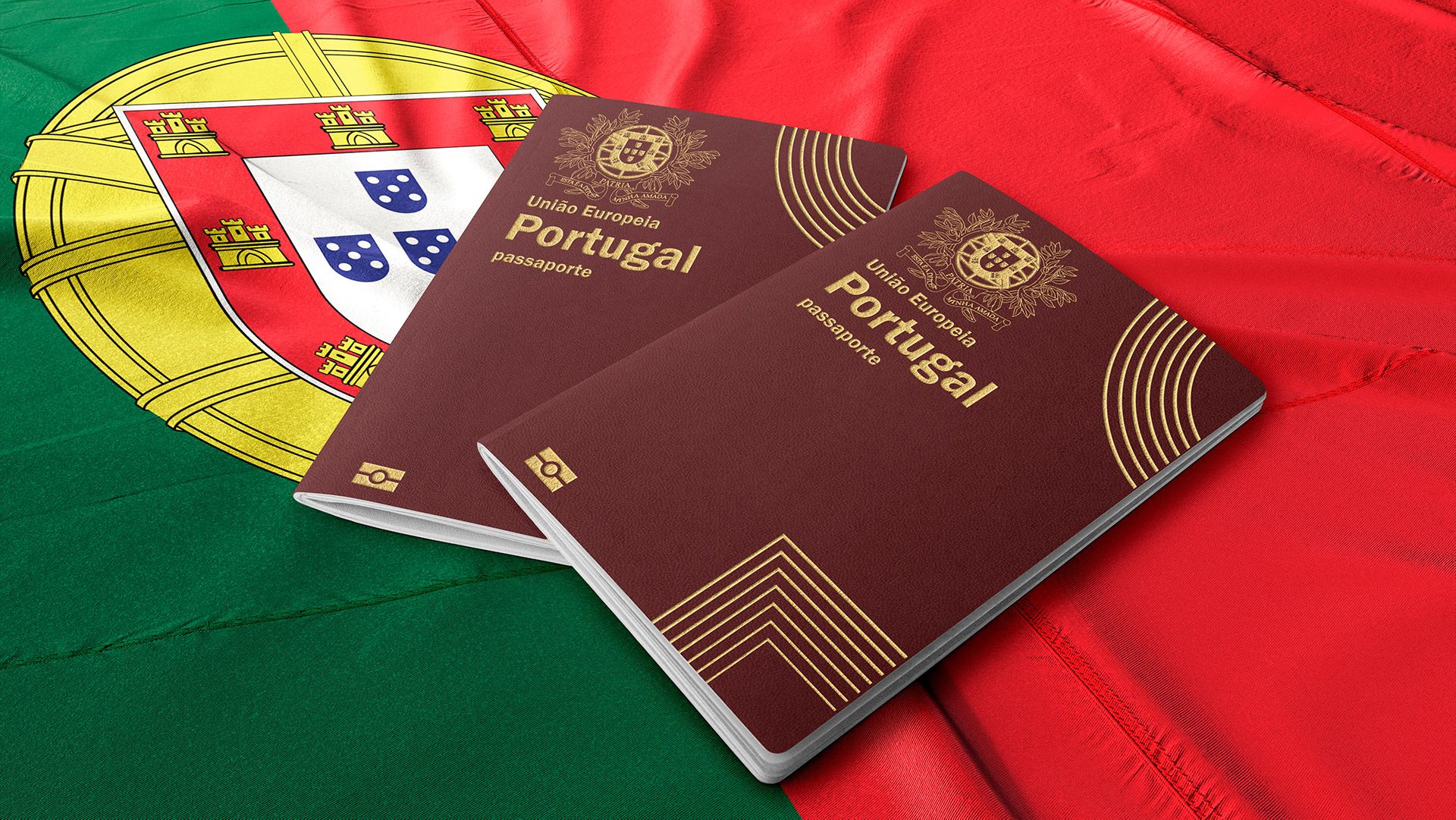
Ways to obtain Portuguese nationality
If you are thinking of obtaining Portuguese citizenship, whether through descent, residence, marriage or adoption, it is important to understand the different options available and the procedures required to achieve this goal. In this article, we will explore the different ways of obtaining Portuguese nationality and provide useful information on each of them.
1. Descent or birth in Portugal
If you are of Portuguese descent or were born in Portugal, you may be entitled to Portuguese citizenship. This includes having at least one Portuguese parent or grandparent, or having been born on Portuguese soil. Requirements may vary based on your specific situation.
2. Naturalization by residence
Naturalization by residence is one of the most widely used ways of becoming a Portuguese citizen when there is no family descent or the possibility of applying by marriage. Generally, this requires that you legally reside in Portugal for a specific period of time. The deadline is 5 years of legal residence, directly or with interruptions, in the last 15 years.
General documentation required (specific documents will depend on each case)
- Current passport or travel document
- Birth certificate
- Proof of residence in Portugal
- Criminal record certificate
- Nationality application form
- Certificate of legal residence in Portugal issued by SEF/AIMA and/or equivalent document.
3. Marriage or de facto union with a Portuguese citizen
If you have been married to a Portuguese citizen for at least three years, you may be eligible to apply for Portuguese citizenship without fulfilling the residency requirement. However, you will still need to demonstrate a connection to the Portuguese community (e.g. residence in Portugal; common child who is Portuguese, etc). If you have no connection to the Portuguese community, the time requirement is increased from 3 to 6 years of marriage. In marriage transcriptions in Portugal, the date of the marriage is considered to be the same as the date of the marriage abroad. The same applies to stable unions. In this case, the stable union must first be recognized in a Portuguese court.

Documents usually requested:
- Marriage certificate (certificate issued by Portugal, i.e. the marriage must have been celebrated in Portugal. If performed abroad, it must be transcribed in Portugal)
- Proof of joint residence
- Joint declaration of stable union (In the case of a stable union formalized abroad, the union must be recognized in court in Portugal)
- Current passport or travel document
- A criminal record certificate from the country of nationality and those in which you have lived after the age of 16.
- Certificate of non-compulsory military service
4. Adoption by a Portuguese citizen
Minors adopted by Portuguese citizens can acquire Portuguese nationality. It is necessary to demonstrate a connection with the Portuguese community, which may include proficiency in the Portuguese language.
Documents usually requested:
- Adoption documents (if the adoption took place abroad, the decision must be recognized in court in Portugal)
- Child’s birth certificate
- Proof of residence of the adopter
- Declaration of connection to the Portuguese community
- Child’s current passport or travel document
5. Residents of Portuguese overseas territories
Residents of certain Portuguese overseas territories may be entitled to Portuguese citizenship based on their connection to the local Portuguese community. This includes former colonial territories such as Angola, Cape Verde and Mozambique, among others.
Documents usually requested:
- Proof of residence in the overseas territory
- Documents proving connection with the Portuguese community
- Current passport or travel document
6. Investment through the Golden Visa
Through the Golden Visa program, foreign investors can obtain Portuguese citizenship after meeting certain investment and residency requirements in Portugal.

Regardless of the route you choose to obtain Portuguese citizenship, it is important to understand the specific requirements and follow the correct procedures. To obtain personalized guidance and ensure that your process is completed successfully, it is advisable to seek specialized legal assistance, such as that provided by law firms specializing in immigration and citizenship in Portugal.
Remember that laws and regulations relating to Portuguese citizenship can change over time, so it’s always a good idea to check the most up-to-date information with the relevant government agencies or with qualified legal professionals.
With proper planning and guidance, you can take the first step towards obtaining Portuguese citizenship and enjoy the many benefits it offers, including the right to live, work and travel freely within the European Union.



